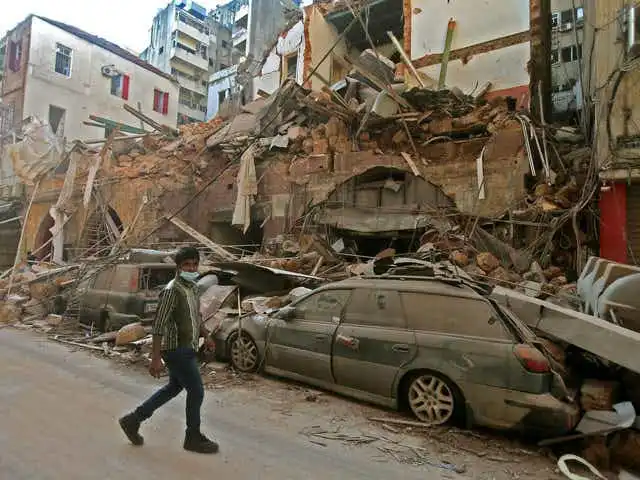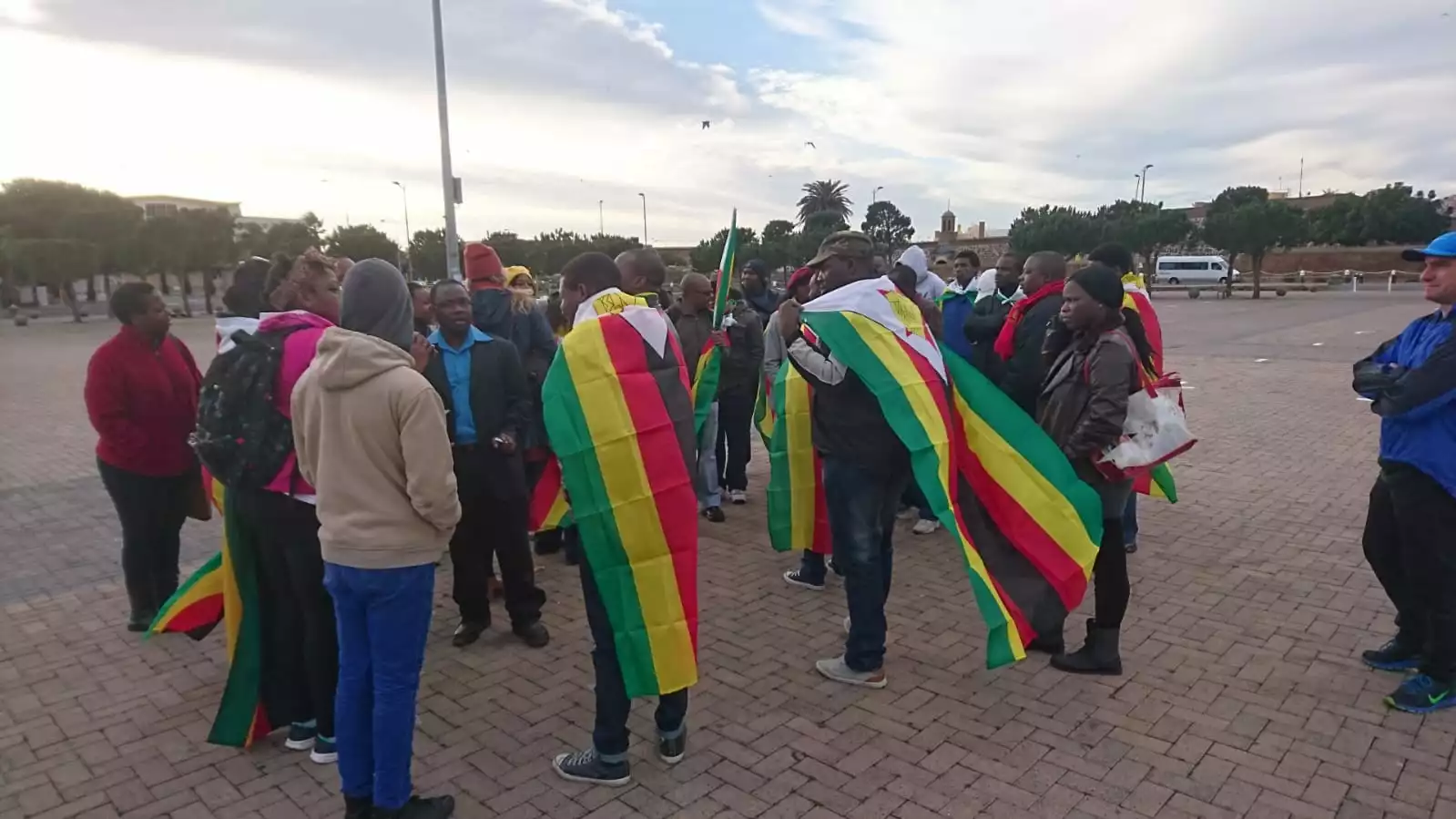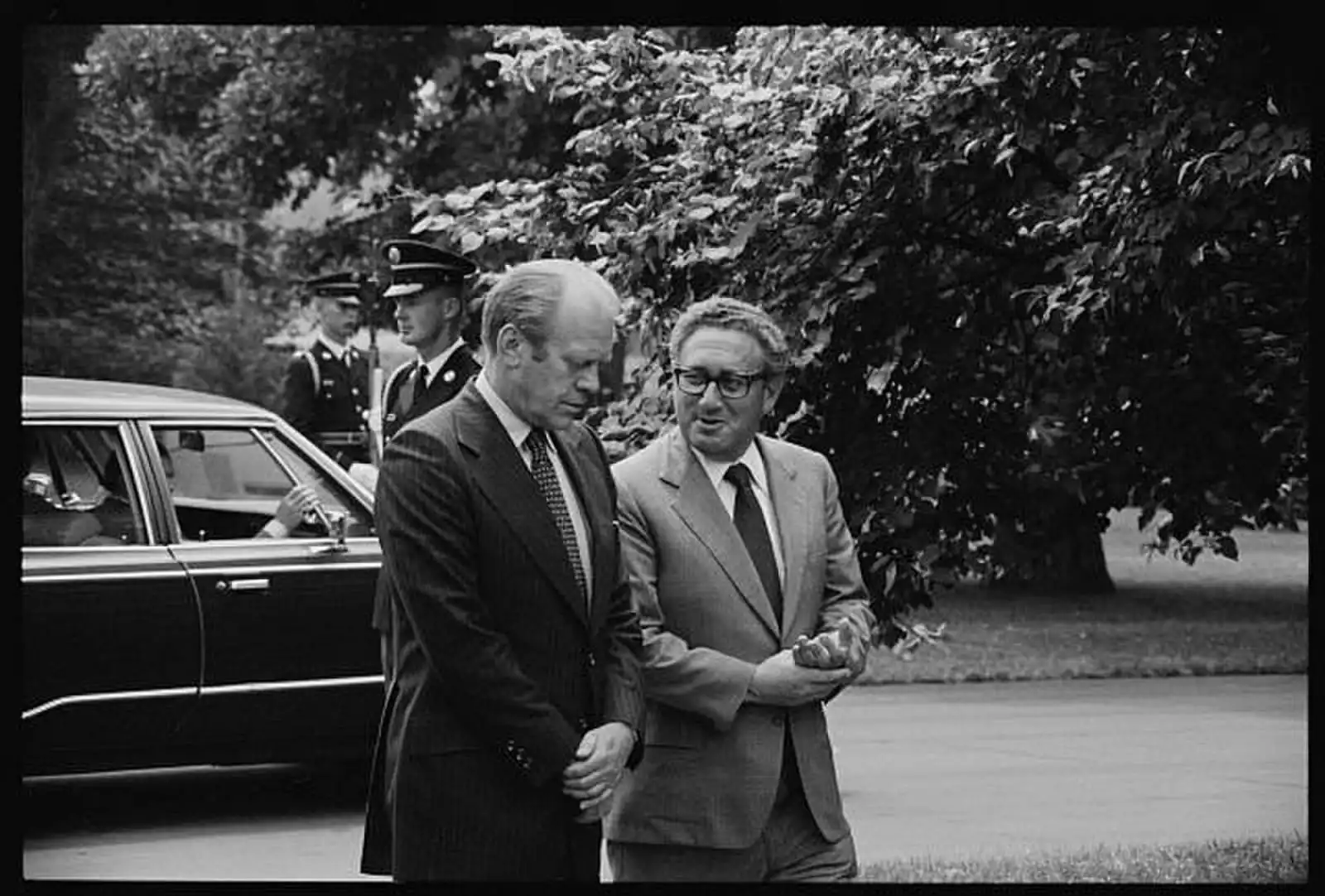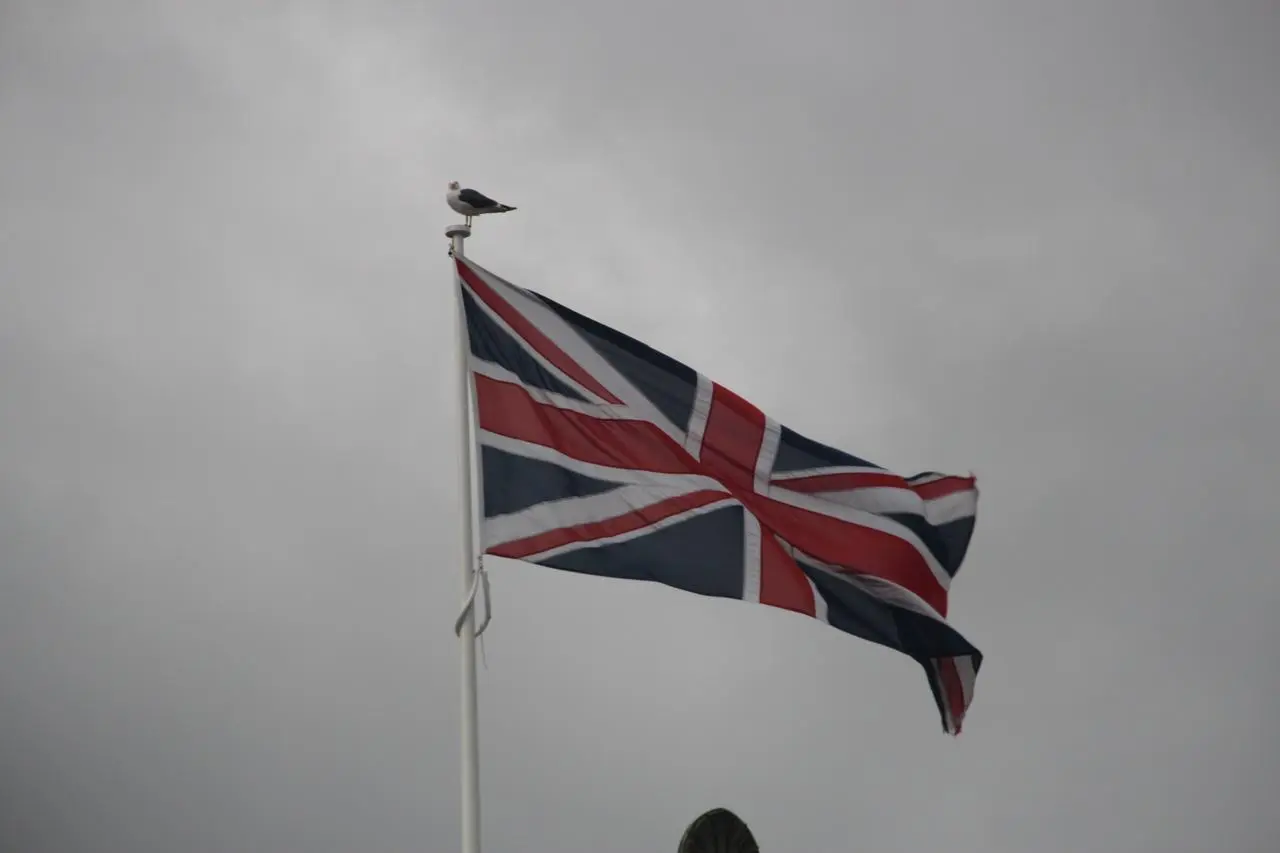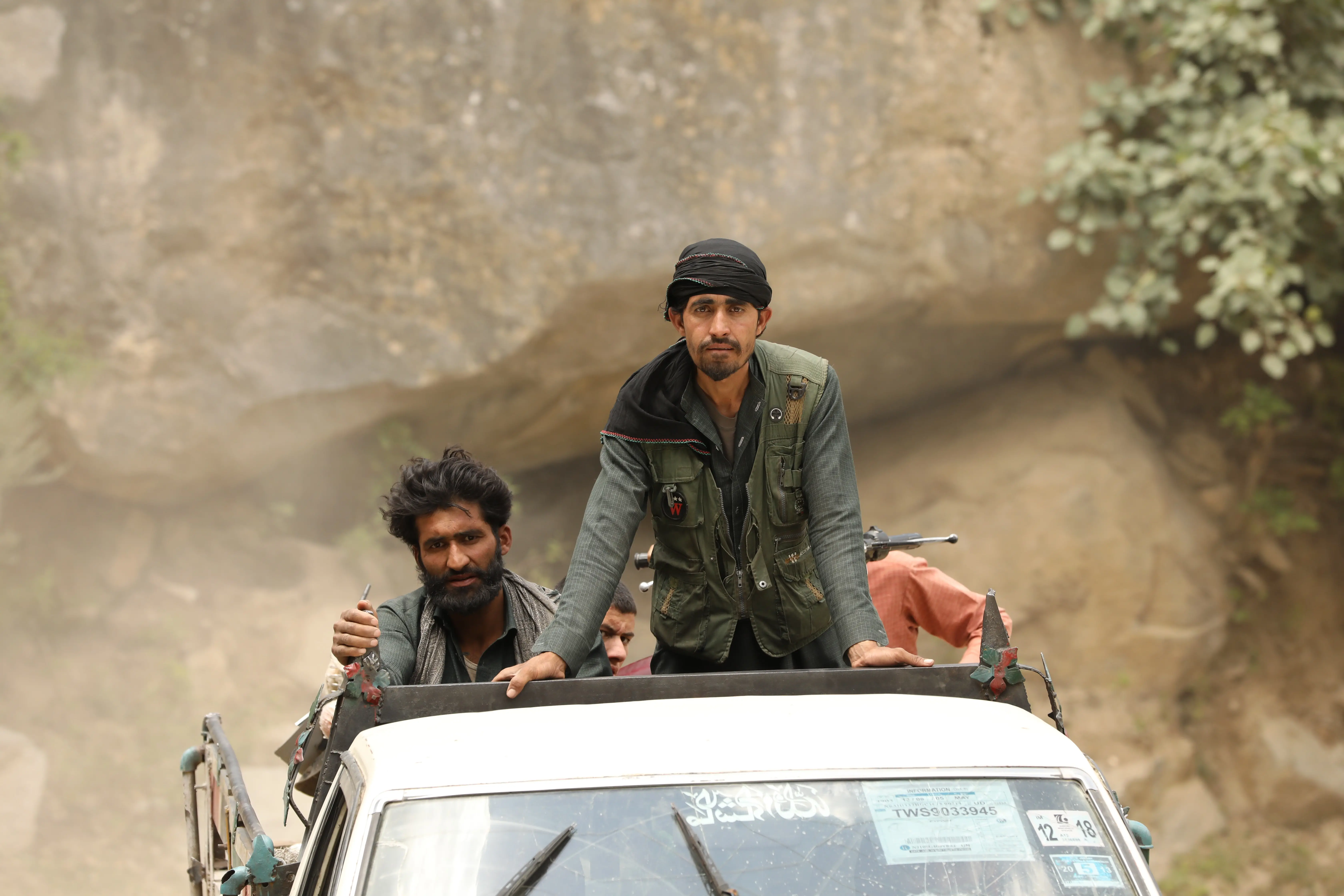This 4th of August, Lebanon commemorates the one-year anniversary of the criminal explosion at the Beirut port, a gigantic detonation of stored chemicals that caused staggering human and material damage. More than 200 people died and over 6,000 others were injured. The damage to property is estimated at more than 4 billion U.S. dollars. But how did a stockpile of 2,750 tons of ammonium nitrate, the equivalent of 1,155 tons of TNT, explode? And who was responsible?
So far, the official investigation has failed to answer either question. Worse still, the first judge in charge of the case was dismissed 6 months ago, and the one who succeeded him has not achieved any better results. The judicial immunity of government ministers and senior security officials is to blame. When the new judge in charge of the investigation, Tarek Bitar, asked to interview senior officials for their alleged role in the explosion, the Minister of the Interior refused the judge's request on the grounds that the court did not have enough evidence.
This is the latest in a series of interferences by politicians in an investigation that could lead to their conviction and further tarnish their image in the eyes of a population fed up with the effects of the economic crisis. Indeed, the country has been in a deep economic slump for nearly two years. The Lebanese currency, the pound, has fallen to just 5 percent of its former value, basic necessities are no longer subsidized by the state, power cuts have reached an unprecedented dimension and fuel shortages are now a reality. In this dramatic context, the relatives of the victims have been demanding the truth for a year in vain. To make themselves heard, in July 2021 they vandalized the entrance to the headquarters of Mohamed Fahmi, the Minister of the Interior, placing photos of the victims and white coffins in front of the building. The Minister was forced to flee in an armored vehicle under police escort. The street anger is a result of his blatant interference in the ongoing investigation.
To commemorate the criminal explosion of the port, a series of demonstrations is scheduled take place during the first week of August, 2021 in Lebanon and in countries where the Lebanese diaspora is settled. In anticipation of a big mobilization on August 4, hundreds of demonstrators across Lebanon took the streets on Tuesday August 3 at the call of the Drabzine collective, a grouping of several leftist organizations, independent trade unions and civil society organizations.These mobilizations to demand the truth about the events of August 4 are even more important, as the indictment of those responsible for the explosion may expose Lebanese interreligious and interethnic dividing lines, and strengthen momentum for radical change. All the ruling parties are implicated in the mismanagement of the port of Beirut. and if the investigation succeeds they will all be affected by the trial.
The mainstream Lebanese media, which is only interested in political posturing, is more and more disconnected from the dynamics of popular struggles. The mobilizations underway today are also the continuation of the popular uprising of October 17, 2019, which enabled several collectives to structure themselves. Among other things, these mobilizations show the desire to transcend the divisions within the broader opposition to the rotting Lebanese system. The change that occurred very recently within the engineers' union is the clearest evidence of this. A coalition that includes several opposition organizations won the elections of the engineers' union, against all the ruling parties. To obtain justice against the criminal ruling power, opposition unity is a prerequisite, and this is what the Lebanese are building within their ongoing struggles.
